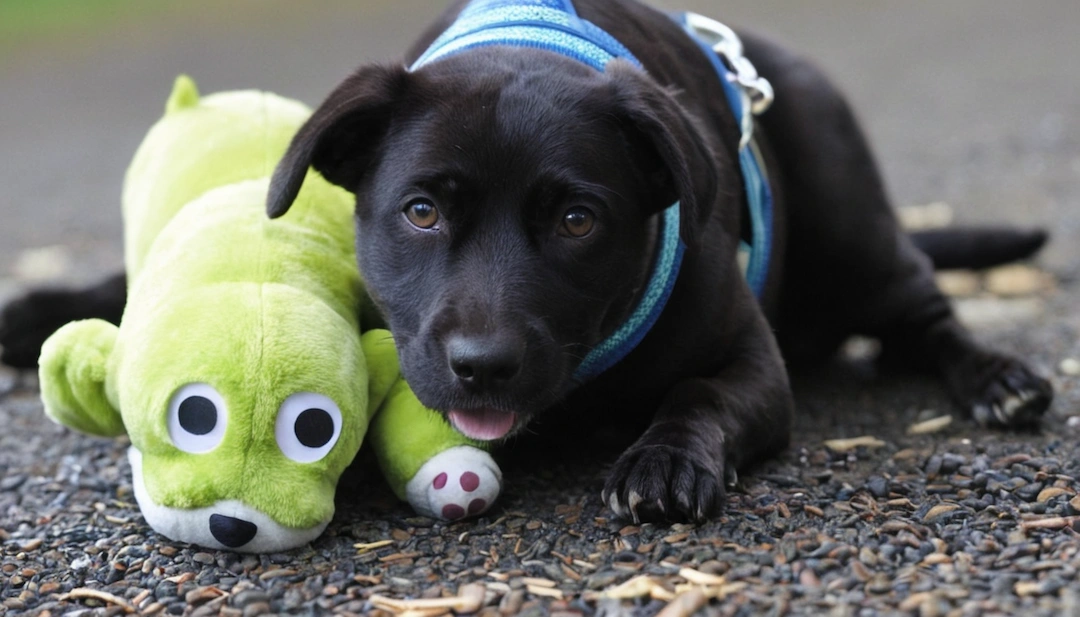
How to care for your senior pets
Send enquiry
The mobility of a dog decreases with age, their hearing and sight deteriorate, and they are more likely to suffer from various diseases. Even so, getting old doesn't mean dogs have to suffer, and they can enjoy their golden years in good health.
How to take care of a senior dog
When a dog ages, their energy levels decrease, they may develop cataracts or hearing problems, and eventually their organs will stop functioning properly. As a result, senior dogs are more likely to suffer from kidney and liver disease, diabetes, and obesity.
Depending on the breed and the dog's unique traits, dogs are not all considered seniors at the same age. It is considered old for small breed dogs when they reach the age of 10 or 11. Breeds of medium size, like Golden Retrievers, become senior at the age of 8-10, while giant breeds reach their senior years at the age of 5 or 6.
It is important to provide different care for geriatric dogs than for puppies and adult dogs. To keep your senior dog healthy, you will need to do things differently in order to provide the best possible care.
By following these steps, you’ll be providing your senior pet with the care he needs to continue living a happy and healthy life!
1. Regular exercise
Exercise is the best way to keep your pet happy and healthy. Regular exercise keeps your pet’s body fit and strong, and helps them maintain their weight. If your pet is overweight, they may have trouble breathing properly and could develop arthritis. Make sure to walk your dog at least once a day and play fetch with him/her. Exercise also provides mental stimulation for your pet, which you can also do through toys and food puzzles. Keeping your pet active is another great way to help maintain a healthy weight, along with healthy joints and muscles. Short, easy walks are ideal for aging pets, as they may not be able to handle long exercise sessions.
Also Read | Entire Air India Business Cabin Book for Pet
2. Feeding a Healthy Diet
Feed your pet twice daily. You should give them small meals throughout the day, rather than three big ones. Your pet's digestive system works best if they eat smaller amounts frequently. Also make sure to offer fresh food, not dry kibble. Dry food can cause stomach problems and diarrhea. Senior pets require increased attention, including more frequent visits to the veterinarian, possible changes in diet, and in some cases alterations to their home environment
3. Water
Your pet needs plenty of water. Dogs need about 1 gallon (3.8 liters) of water per day, while cats only need about half that amount. Keep your pet's drinking area clean and free of debris. Never leave your pet unattended while he/she drinks. As a result, you may have to move your dog's bed, food, and water bowls downstairs if necessary. It is also a good idea to place carpets and rugs around the house to help an arthritic dog gain some stability and ease their movements.
Also Read | If your pet dogs hair is falling then you can fix them by adopting these measures
4. Regular Grooming of your pets
Grooming your pet regularly will help prevent fleas and ticks. Brush your pet's coat regularly and comb out any mats. Bathe your pet at least once a month. Use a shampoo formulated specifically for dogs and cats.Pay close attention to her teeth and gums. Dental disease is painful and may make it difficult for your senior pet to eat. You should brush your pet’s teeth as often as possible, and schedule regular veterinary exams and professional dental cleanings to ward off any potential problems.
5. Vaccination and Regular vet checkups of your pets.
Vaccinations are necessary to protect your pet from certain illnesses. Ask your veterinarian what vaccinations your pet needs. With regular checkups and preventative care, you can help your senior pets enjoy their golden years. Talk to a veterinarian about what you can do now to keep their health in tip-top shape.
Also Read | World record for longest ears on a dog
6. Medications and Maintain oral health of pet
Make sure to check with your vet before giving your pet any medications. Be aware of the side effects of any medication you choose to use.
7. Housebreaking
Housebreaking your pet takes time and patience. Start housebreaking your puppy early, even before you bring him home. Once you've trained your puppy, continue training him until he no longer soils his crate. When your puppy starts using the bathroom outside of his crate, reward him with praise and treats.
Also Read | Breeds of Dogs that are Best for Families with Kids
Frequently Asked Questions(FAQ)
Share this post
What service do you need? Petsfeet will help you

#10 Business Directory and Service Provider
Petsfeet provided free online business listing services and a new way to brand yourself on the internet. Add your business with petsfeet to reach out of millions of people by connecting with new customers.
Copyright © 2021 . Proudly powered by petsfeet.com











